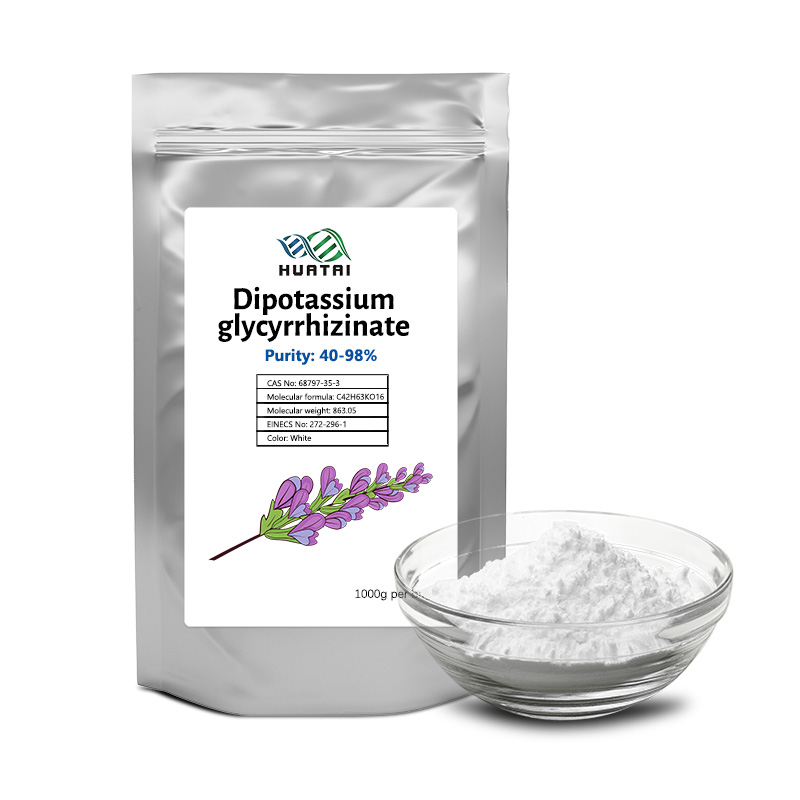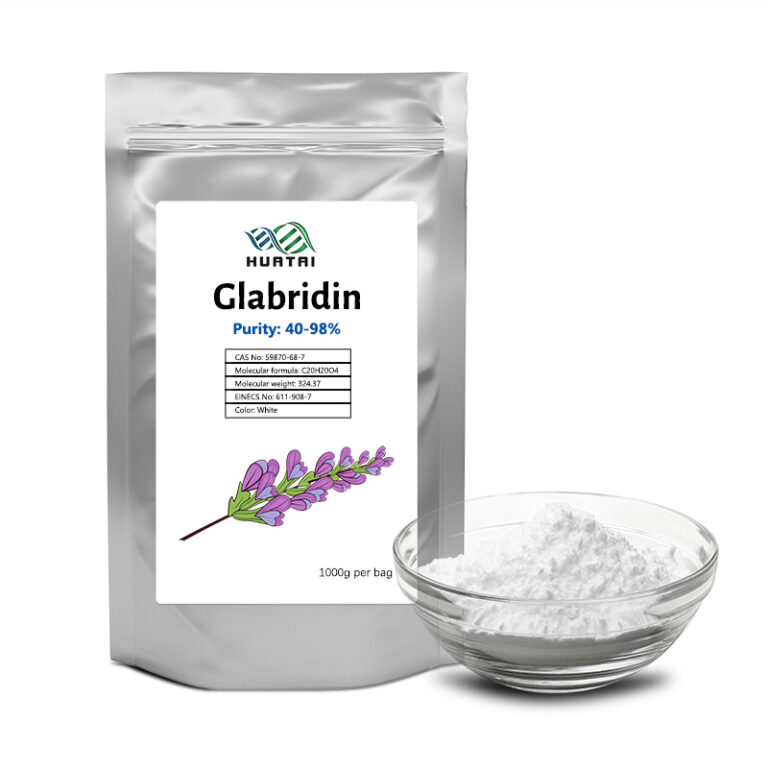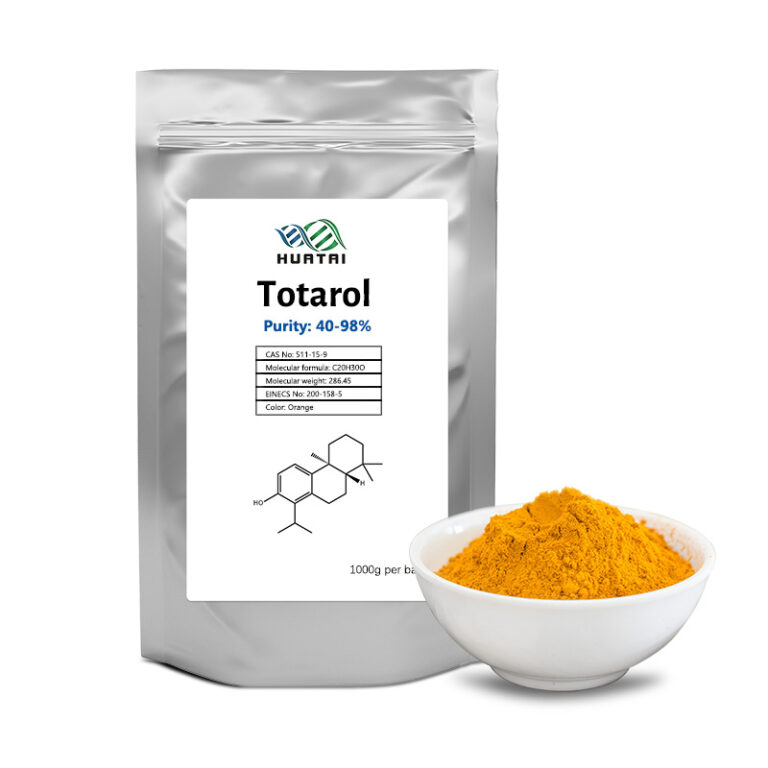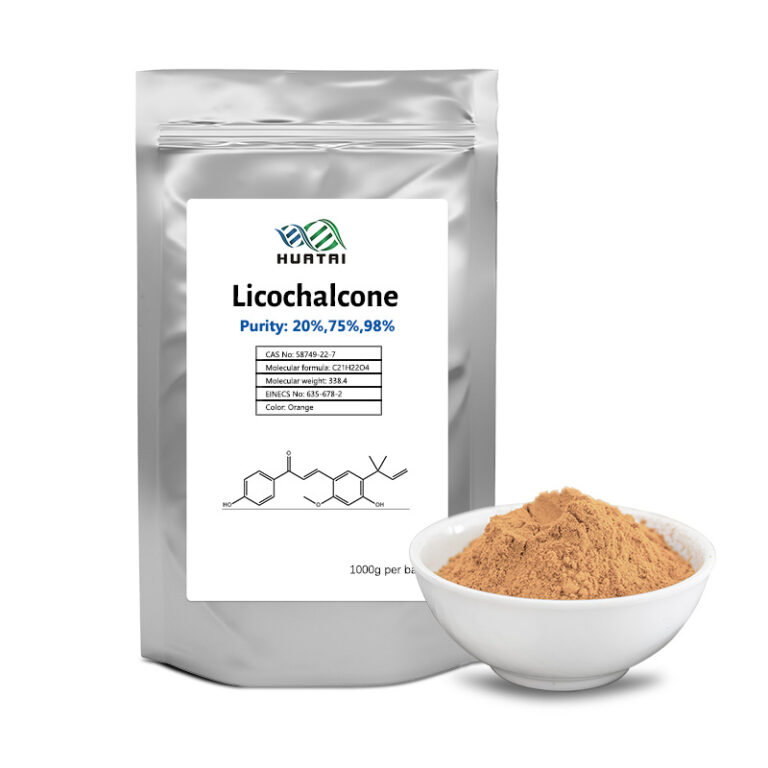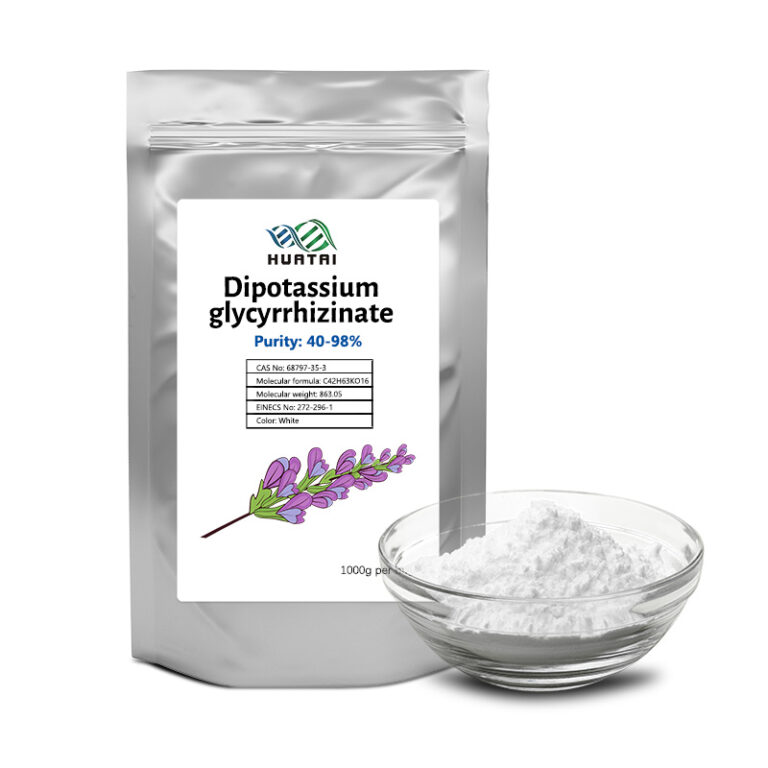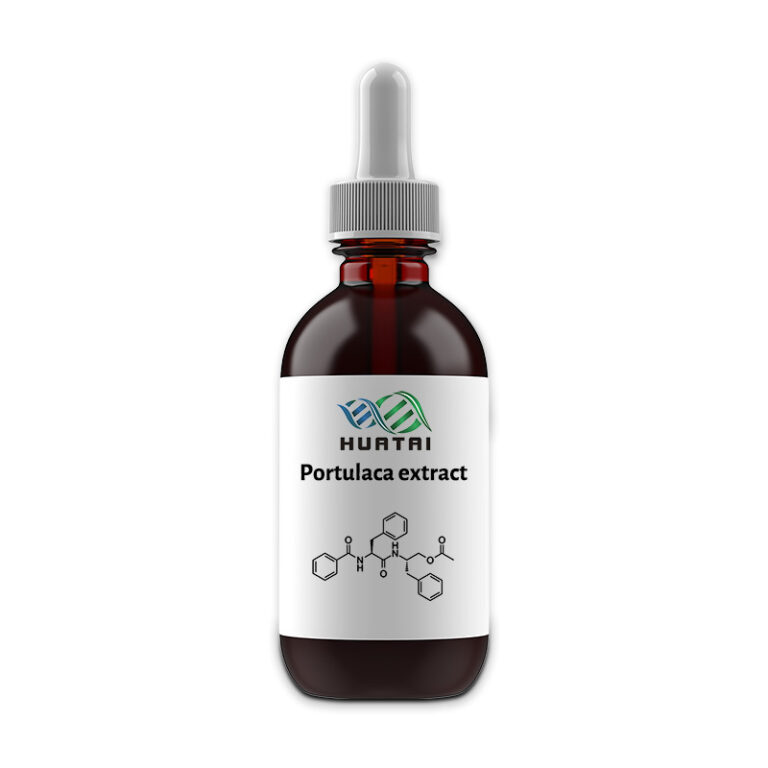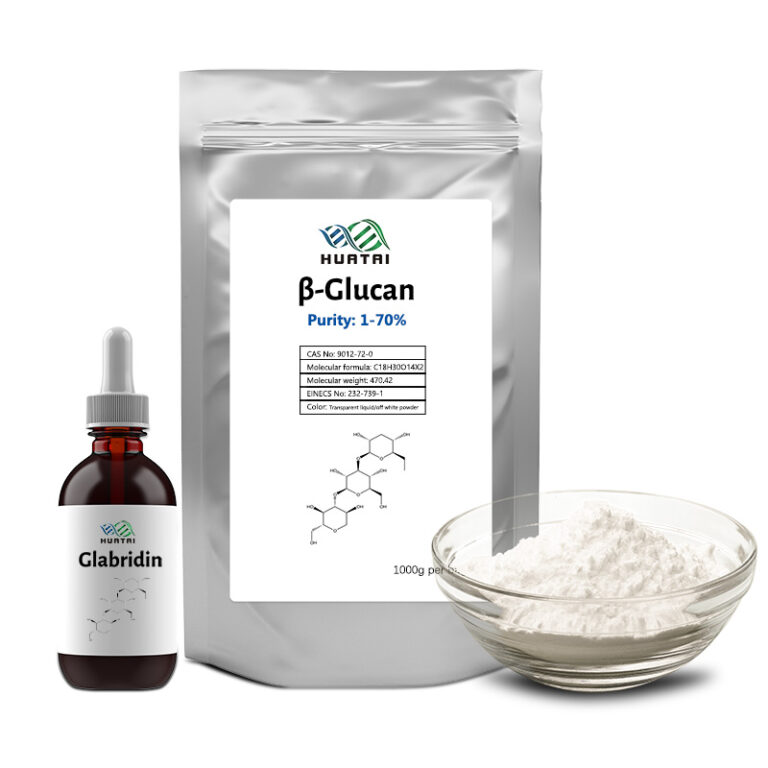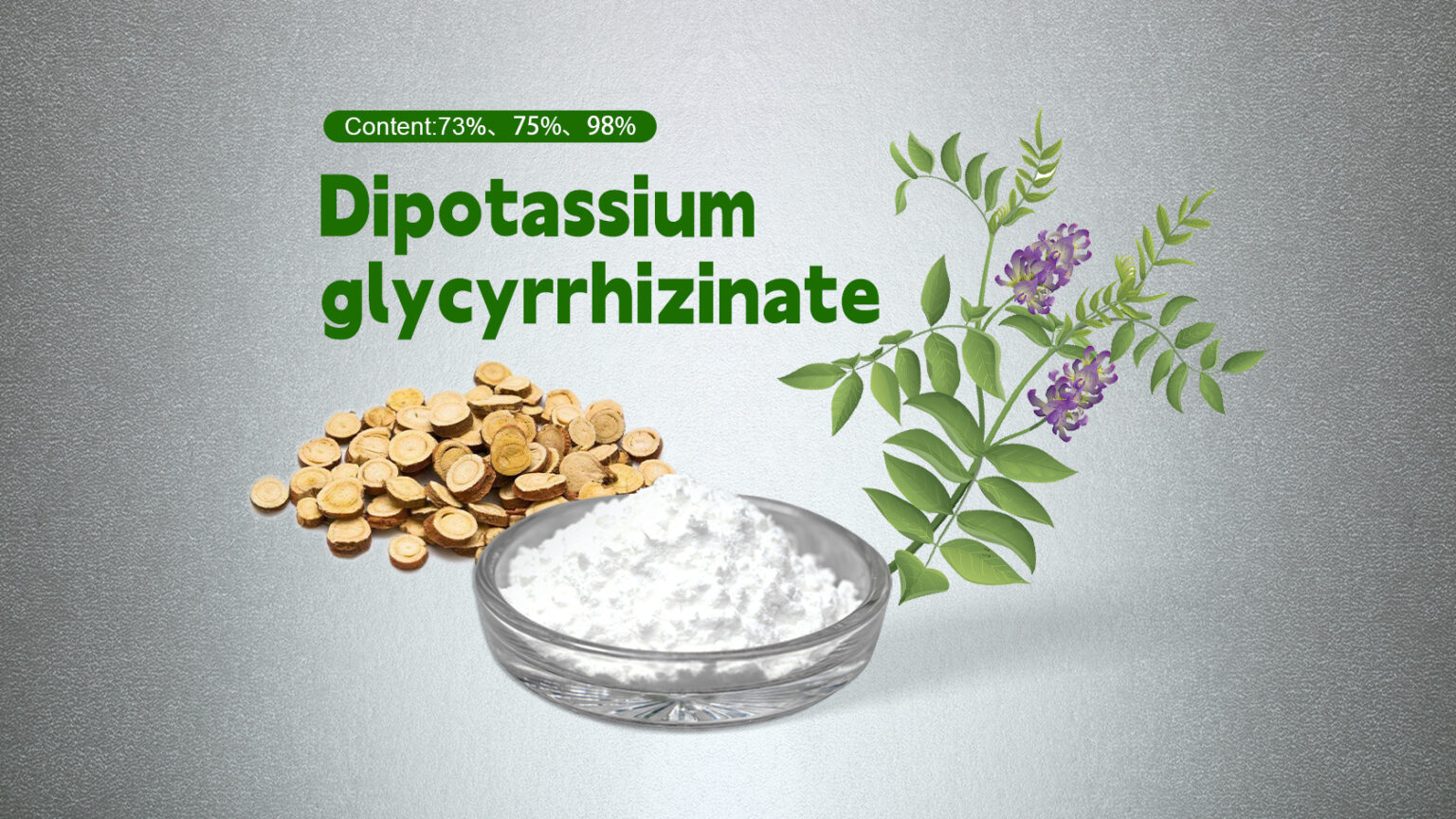
I. Characteristics and Sources of Dipotassium Glycyrrhizinate
Dipotassium glycyrrhizinate is a natural ingredient extracted from plants such as licorice and has unique value in the field of skin care products. It is usually in the form of white or off-white powder and has good water solubility, making it easy to mix with other skin care product ingredients.
II. Anti-inflammatory Effect
In skin care products, the primary prominent role of dipotassium glycyrrhizinate is anti-inflammation. The skin often faces various external stimuli, such as ultraviolet radiation, environmental pollution, and improper use of skin care products, which may all cause skin inflammation. When inflammation occurs, the skin will show symptoms such as redness, swelling, heat, and pain. Dipotassium glycyrrhizinate can effectively inhibit the release of inflammatory mediators such as histamine, thereby reducing the inflammatory reaction of the skin. Whether it is mild skin sensitivity or more serious inflammation problems, it can play a significant soothing role. For example, for skin redness and burning caused by sun exposure, skin care products containing dipotassium glycyrrhizinate can quickly relieve discomfort and help the skin return to a healthy state.
III. Anti-allergic Efficacy
For sensitive skin, allergies are a common problem. Dipotassium glycyrrhizinate has powerful anti-allergic properties. It can regulate the immune system of the skin and reduce the skin’s sensitivity to potential allergens. This means that it can prevent allergic reactions from occurring and relieve symptoms such as itching and rashes when an allergy has already occurred. For consumers who are easily allergic to cosmetic ingredients, choosing skin care products containing dipotassium glycyrrhizinate can greatly reduce the risk of allergies and enhance the skin’s tolerance.
IV. Whitening Effect
In terms of whitening, dipotassium glycyrrhizinate also has a certain contribution. It can inhibit the activity of tyrosinase, which is a key enzyme in the process of melanin production. By inhibiting the activity of this enzyme, dipotassium glycyrrhizinate can reduce the production of melanin, thereby achieving the effect of whitening the skin. When combined with other whitening ingredients such as vitamin C and niacinamide, it can synergistically enhance the whitening effect and make the skin more bright and even.
V. Auxiliary Moisturizing Function
Although dipotassium glycyrrhizinate is not a traditional moisturizer, it can also play an important auxiliary role in moisturizing. It can regulate the physiological functions of skin cells, promote metabolism, and help the skin better retain moisture. After using skin care products containing dipotassium glycyrrhizinate, the skin will become softer and more delicate, and the moisture content will also be improved. This auxiliary moisturizing function makes it play an active role in various skin care product formulations, especially suitable for consumers who need to solve multiple skin problems at the same time.
VI. Safety and Applicable Population
Generally speaking, the use of dipotassium glycyrrhizinate in skin care products is relatively safe. However, for some special populations, such as pregnant women, lactating women, or people with specific skin diseases, it is best to consult a doctor’s advice before using skin care products containing dipotassium glycyrrhizinate. For most people, as long as it is used correctly according to the product instructions, dipotassium glycyrrhizinate can bring many benefits to the skin and is a reliable ingredient in skin care products.

